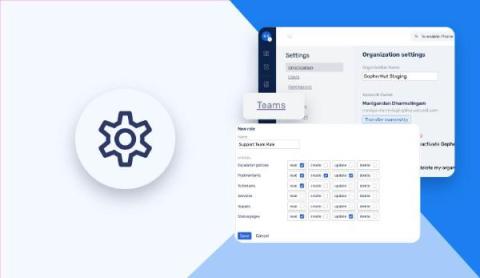Navigating the Evolving Landscape: A Deep Dive into REST API Versioning Strategies
In the ever-evolving landscape of APIs, ensuring seamless interactions and managing changes becomes crucial. While innovation and adaptability are essential, maintaining backward compatibility is equally important to avoid disruption for existing users. This is where REST API versioning comes into play. Versioning allows you to introduce new features or changes to your API in a controlled manner, while simultaneously keeping older versions running smoothly.










